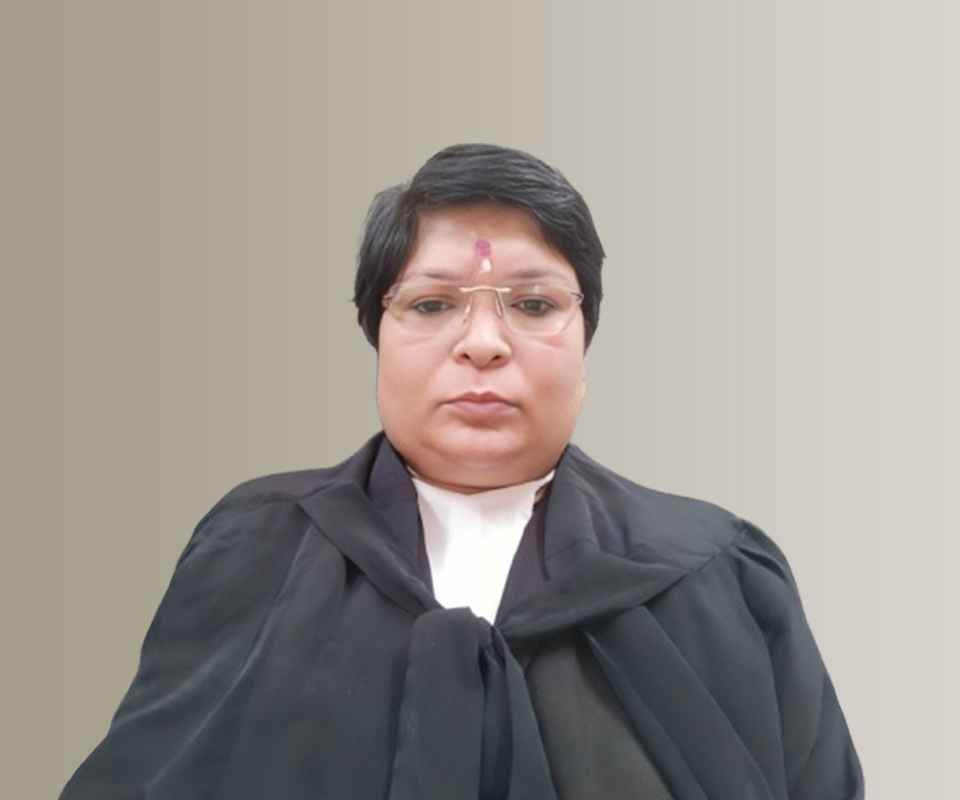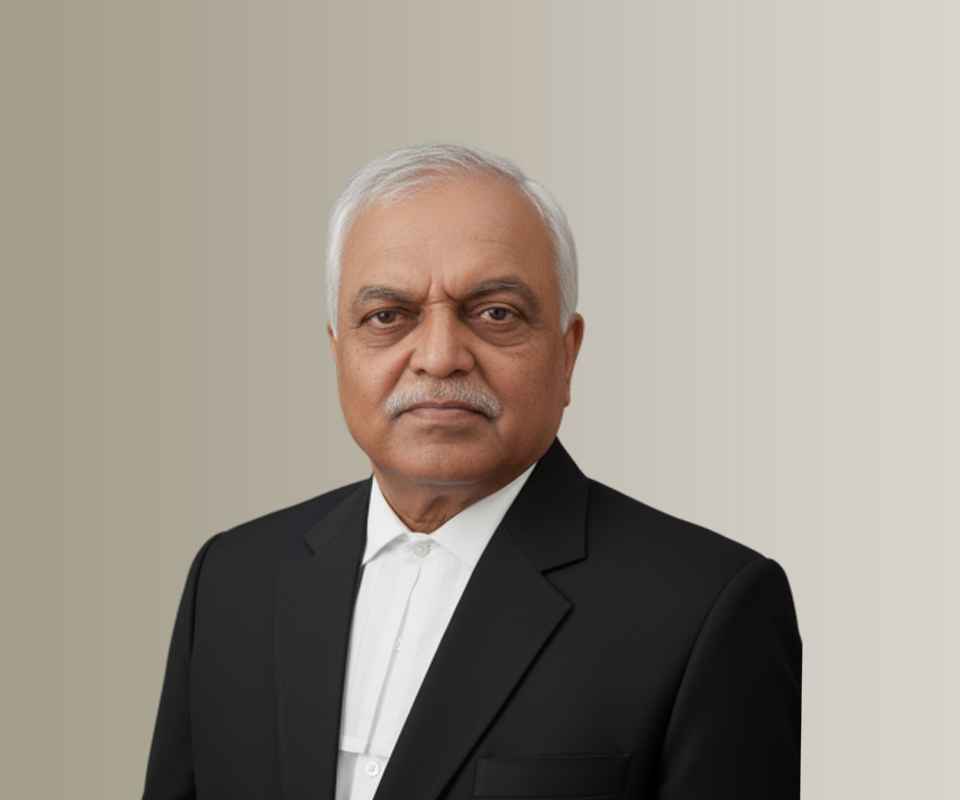Answer By law4u team
Yes, children can be considered victims of domestic violence under Indian law, particularly under the Protection of Women from Domestic Violence Act, 2005 (PWDV Act). The PWDV Act does not just protect women from violence but also recognizes the impact of domestic violence on children who witness or are otherwise affected by violence in their households. The law acknowledges that children can suffer from both direct and indirect forms of violence, which can have long-lasting psychological, emotional, and social consequences.
1. Children as Victims of Domestic Violence
While the PWDV Act primarily focuses on protecting women from domestic violence, it also recognizes the harmful impact of domestic violence on children. The Act defines domestic violence to include not only physical violence but also emotional, psychological, sexual, and economic abuse, all of which can affect children living in a household where violence is present.
- Witnessing Abuse: Children who witness their mother being abused or subjected to violence can experience severe psychological trauma. Such exposure to violence can lead to emotional and behavioral issues, such as anxiety, depression, aggression, and even post-traumatic stress disorder (PTSD).
- Direct Abuse: In some cases, children themselves may be the direct victims of violence, including physical abuse (hitting, beating), sexual abuse, or emotional abuse (verbal attacks, insults). Such abuse can severely affect their physical health and mental well-being.
2. Legal Protections for Children Under the PWDV Act
Although the PWDV Act is primarily designed to protect women, children's safety and well-being are also safeguarded under the law. The Act provides various protections for children who are exposed to domestic violence:
- Children as Direct Victims: The PWDV Act acknowledges that if children are directly harmed or suffer as a result of violence in the household, they can be considered victims. The Magistrate can issue orders for the protection of the children, including residence orders or protection orders, to ensure their safety.
- Custody Orders: If the children are at risk of harm due to exposure to domestic violence, the Magistrate can pass custody orders to protect the children from further abuse. The court may decide to grant temporary or permanent custody to the non-abusive parent or guardian. In extreme cases, where both parents are deemed unsafe, the court may grant custody to a relative or a welfare institution.
- Residence Orders for Children: If a mother is granted residence orders under the PWDV Act, the court can ensure that her children are also included in the residence order. This can prevent the abusive partner from evicting the victim (mother) and her children from the home.
- Psychological and Emotional Support: The court can direct the Protection Officer to assist the victim (and children) in accessing counseling services or other forms of emotional support. This is critical for helping children deal with the psychological trauma of witnessing or experiencing domestic violence.
- Monetary Relief: The PWDV Act provides for monetary relief that can cover the children’s medical expenses and other costs associated with their care and well-being. This ensures that children who have been affected by domestic violence can receive the support they need to recover physically and emotionally.
3. Child Welfare and Protection Laws in India
In addition to the PWDV Act, Indian law also recognizes the need for the protection of children from domestic violence through various child protection laws:
- Juvenile Justice (Care and Protection of Children) Act, 2015: This Act is primarily aimed at protecting the welfare of children and ensuring that they are not subjected to any form of abuse or neglect. Children who are victims of domestic violence can seek protection under this law as well, and the Act provides for institutional care for children if their home environment is deemed unsafe.
- The Protection of Children from Sexual Offences (POCSO) Act, 2012: If a child is sexually abused or exploited as part of domestic violence, the POCSO Act can be invoked. This law specifically deals with the protection of children from sexual abuse and provides for specialized procedures for their care, protection, and legal recourse.
4. Psychological Impact of Domestic Violence on Children
Children who grow up in homes where domestic violence is prevalent can suffer from long-term psychological effects, including:
- Emotional Trauma: Children often feel helpless, fearful, or confused in situations of domestic violence. The fear of violence or witnessing physical abuse can lead to deep emotional scars.
- Behavioral Issues: Children who witness violence may exhibit aggressive behavior or may withdraw socially. They might experience academic difficulties, substance abuse, or engage in risky behavior as they grow older.
- Developmental Delays: Exposure to constant trauma can impede a child’s emotional development and delay the development of healthy relationships and coping skills.
5. Example:
Sita, a child living with her mother who is a victim of physical abuse by her father, often witnesses her father’s violent behavior. She has developed anxiety and fears her father’s return home each day. Her mother seeks protection under the PWDV Act, and the court grants a residence order, allowing Sita and her mother to remain in their home, with her father being barred from the household. The court also directs counseling for Sita to help her cope with the emotional trauma she has experienced.
Conclusion:
Under Indian law, particularly the Protection of Women from Domestic Violence Act, 2005 (PWDV Act), children are recognized as victims of domestic violence when they either directly experience or witness abuse. The PWDV Act provides a framework for protecting children by issuing protection orders, custody orders, and providing access to psychological and emotional support. Additionally, child welfare laws such as the Juvenile Justice Act and POCSO Act offer further safeguards for children who are at risk due to domestic violence.
It is critical that both legal and psychological support mechanisms are in place to help children who are exposed to domestic violence, ensuring that they receive the protection and care they need for their physical and emotional well-being.







